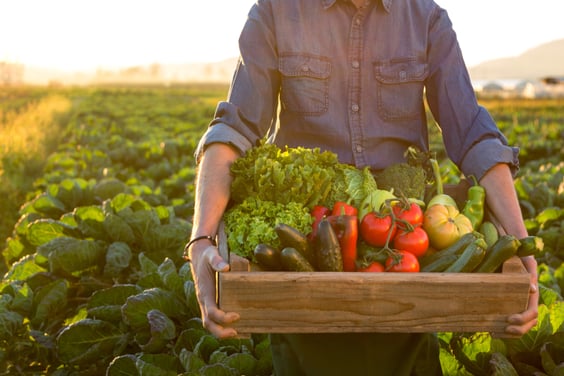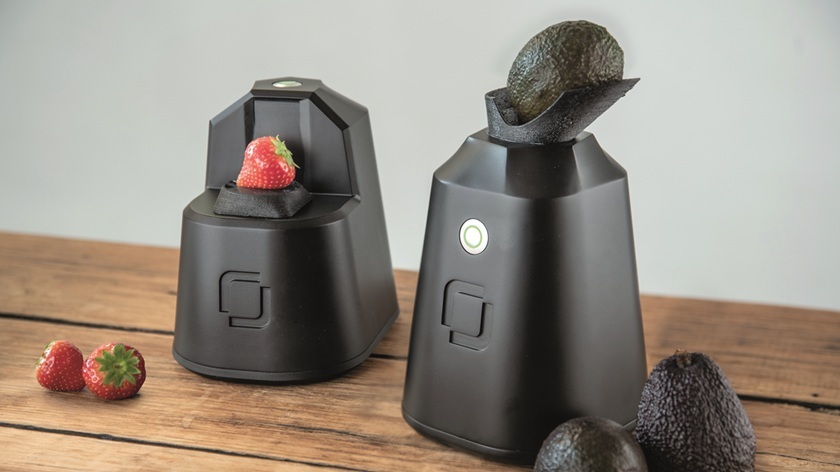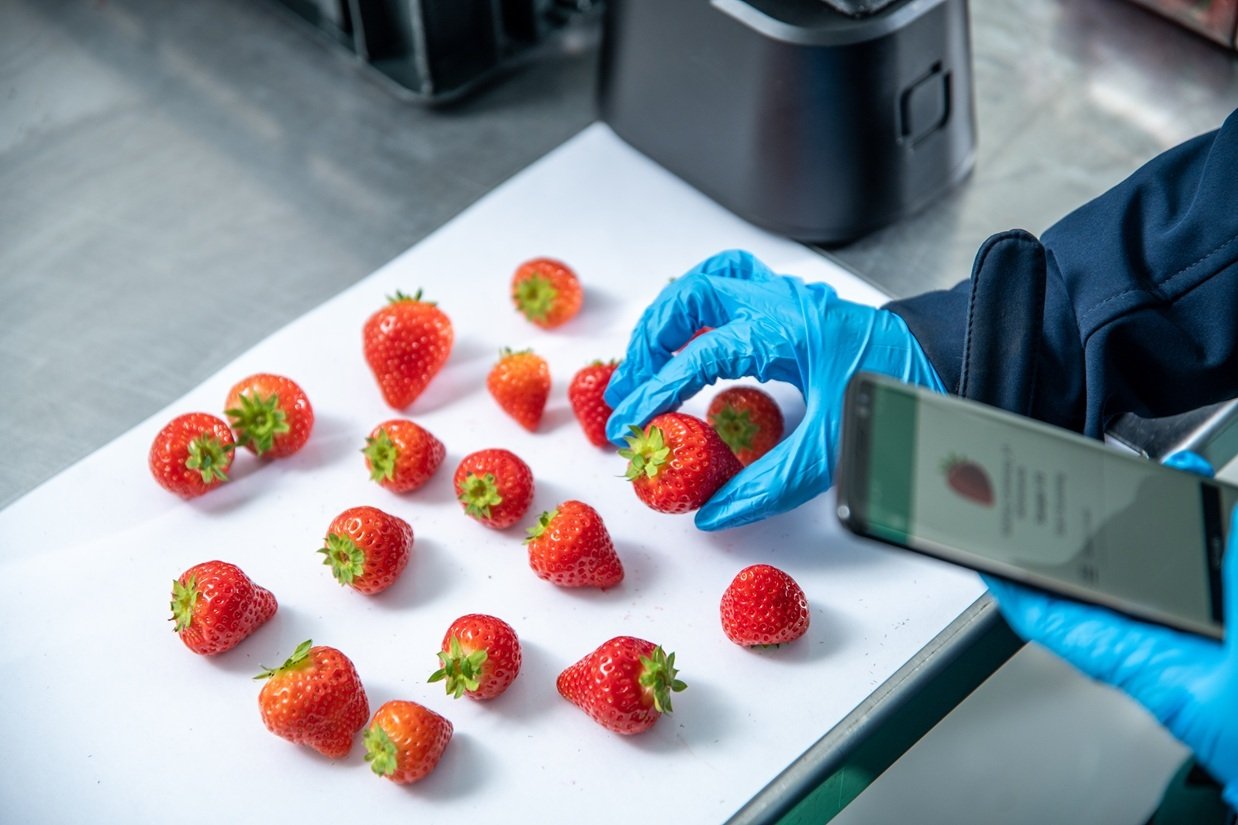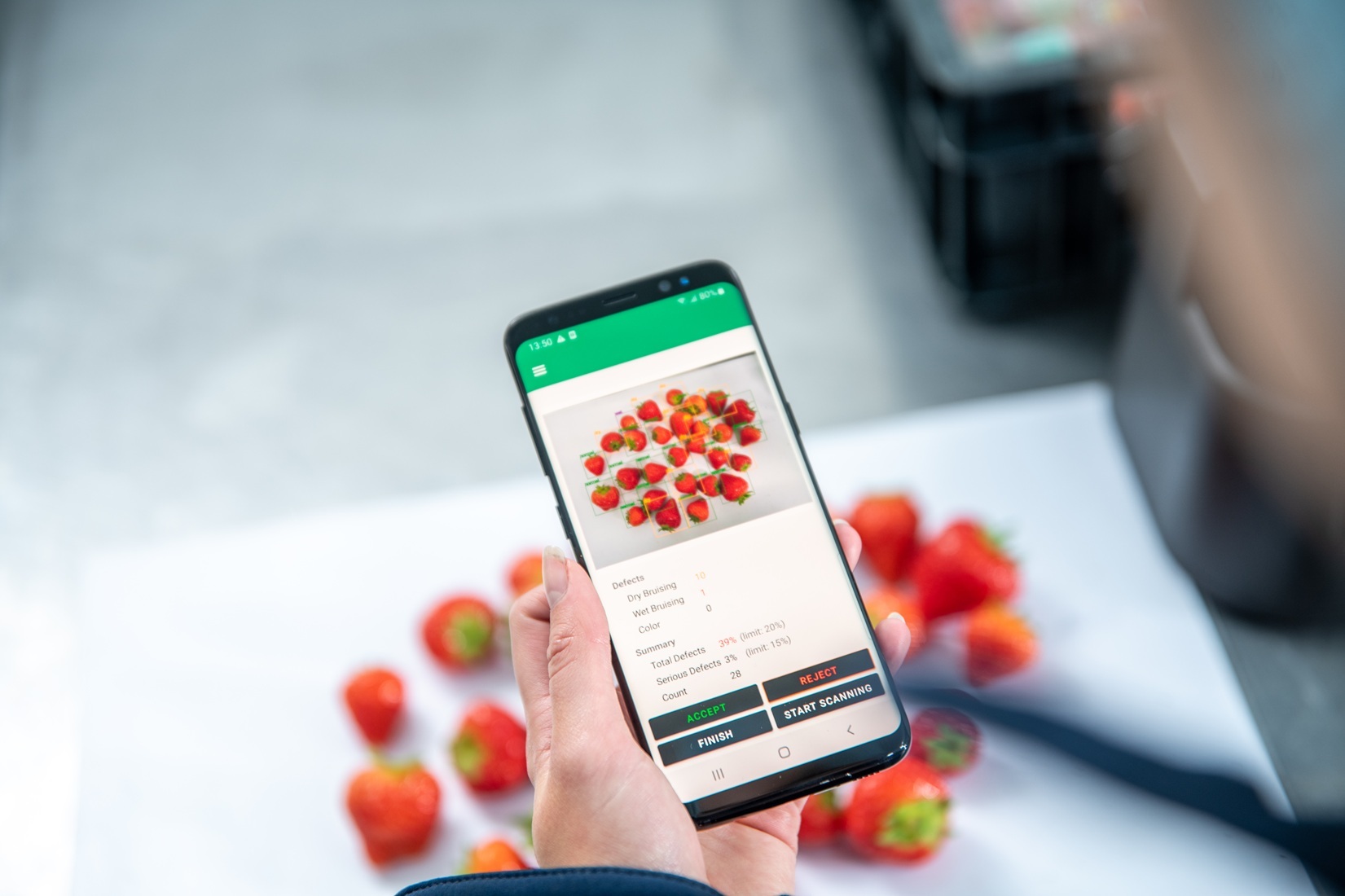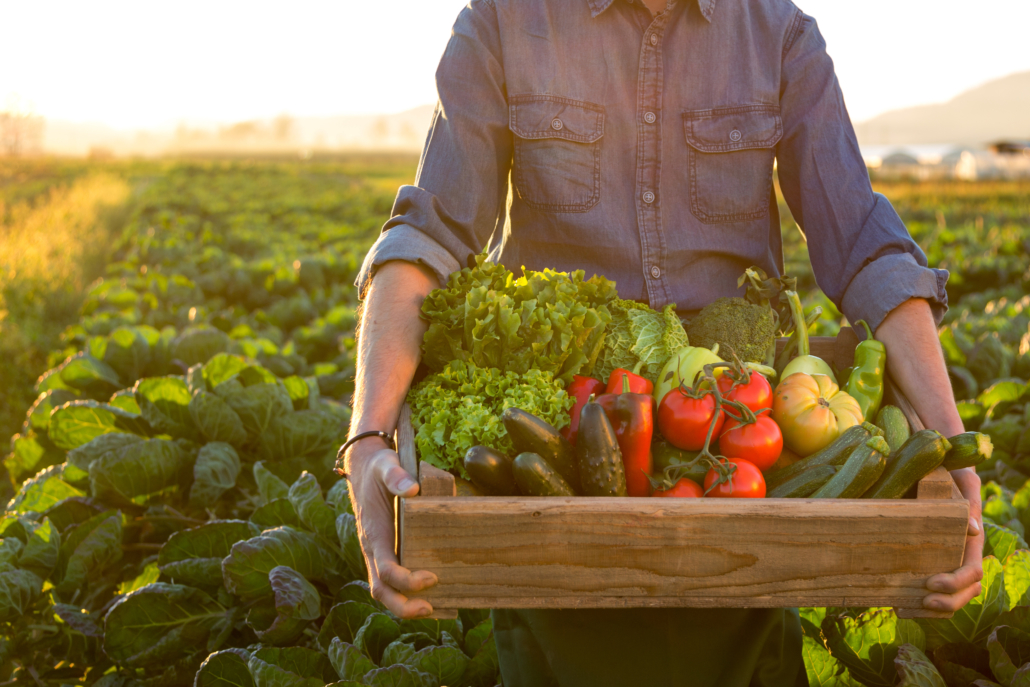
16 Jun 2023
doorOneThird
Food is Wasted While People Go Hungry
Food waste is a well-known issue and many of us are contributing to the problem without thinking much of it. However, how is it that 11% of the world’s population is hungry and we are tossing out so much food? There is a large disparity and an obvious gap here that must be bridged. Much of this is a result of people worrying they will be sued for donating food.
Much of the food wasted in the food supply chain goes to anaerobic digestion or energy recovery. While this is better than going into a landfill, on the food recovery hierarchy pyramid, food waste prevention and redistribution are above it. This means that donating food to those in need has a better socioeconomic and environmental impact.
Documentaries, such as Just Eat It: A Food Waste Story, have been made where people live, and even gain weight, off of dumpster-diving at food distributors and retailers. There is plenty of healthy food out there to feed the hungry. This post is to help tackle the fears involved with donating food to help benefit the planet and those around us.
Where do Fears of Donating Food Come From?
A lot of the fears have to do with hurting those we donate to and difficulty in finding where/how to donate extra food. However, there are solutions for both of these problems as these concerns have been voiced by numerous organizations and people as the food waste and food insecurity issues linger on.
“What if Someone Gets Sick from Food I Donate?”
Thankfully, the US government has considered these fears and in 1996 enacted the Bill Emerson Good Samaritan Food Donation Act. In simple terms, it protects you when donating to a non-profit organization, even if the product is to cause someone harm (which of course we all hope doesn’t happen!).
Companies were still hesitant to donate after the passing of this law because it had not been tested in court yet (which also shows how grateful people are to just be receiving food and how rare legal action really is). The liability protections were expanded for “qualified direct donors” with the passing of the Food Donation Act of 2017 to combat these fears and eliminate even more hesitations.
What About in Europe?
The story in Europe is unfortunately not so nice, as Italy is the only European country to currently have a good Samaritan act in place to protect those who donate food from legal action. There have been discussions at the EU level to enact similar laws, but sadly none have passed yet.
The Benefits of Donating Food
Donating food to those in need is a rewarding activity that greatly benefits society. A large portion of the world does not know when their next meal will be. Empowering people in need and providing them with the energy they need to live a healthy life pays countless dividends.
The Bill Emerson Good Samaritan Food Donation Act was created to protect companies and people from repercussions to helping those around us in need. Let’s trust this protection and make the most of the extra food that we have!
“How Should I Go About Donating Food?”
The most popular and well-connected food donation non-profit in the US is Feeding America. This is a network of over 200 food banks and has fed more than 46 million people to date. Their app, MealConnect, allows you to link your food donations with local nonprofits for free, as well. It’s never been easier than now to donate food to our food-insecure neighbors. We have legal protections in place. Let’s make the situation better together!
Summary
Many people fear legal action and potential guilt from donating food that may harm someone. However, there are legal protections in place in America (and a few in Europe) formed to prevent this fear. A large portion of people in the world is food insecure. And the chances that they would sue from someone graciously gifting them food is either nonexistent or extremely low.
There are a number of resources to find programs to donate to around you, so it’s really easy to do!
Disclaimer: The information provided on this blog post does not, and is not intended to, constitute legal advice; instead, all information, content, and materials available on this site are for general informational purposes only. Information on this website may not constitute the most up-to-date legal or other information. This website contains links to other third-party websites. Such links are only for the convenience of the reader, user or browser.
